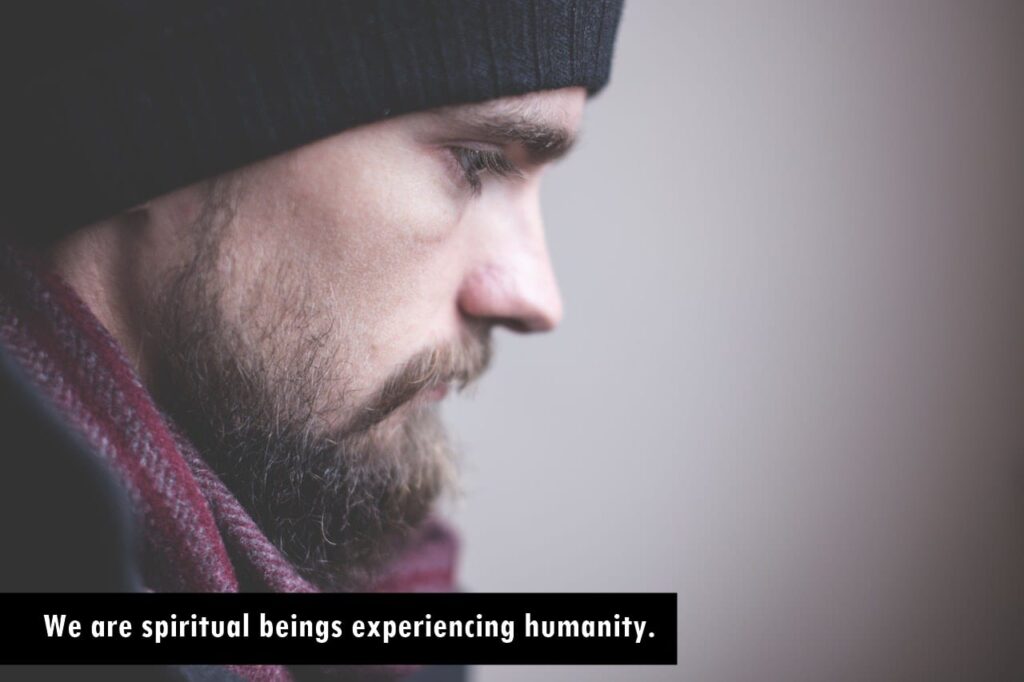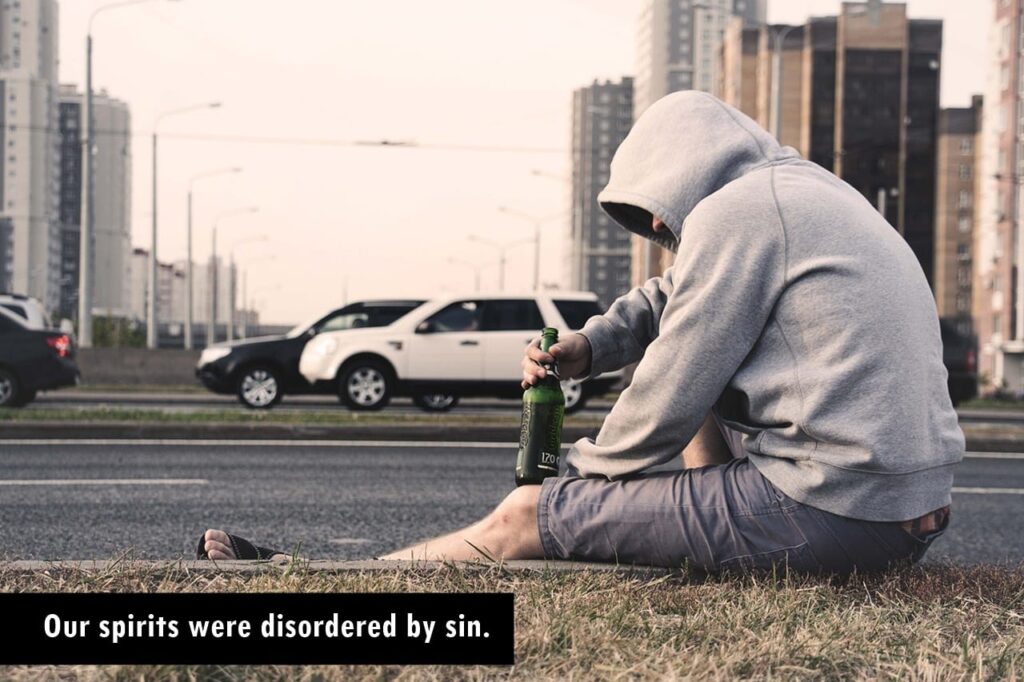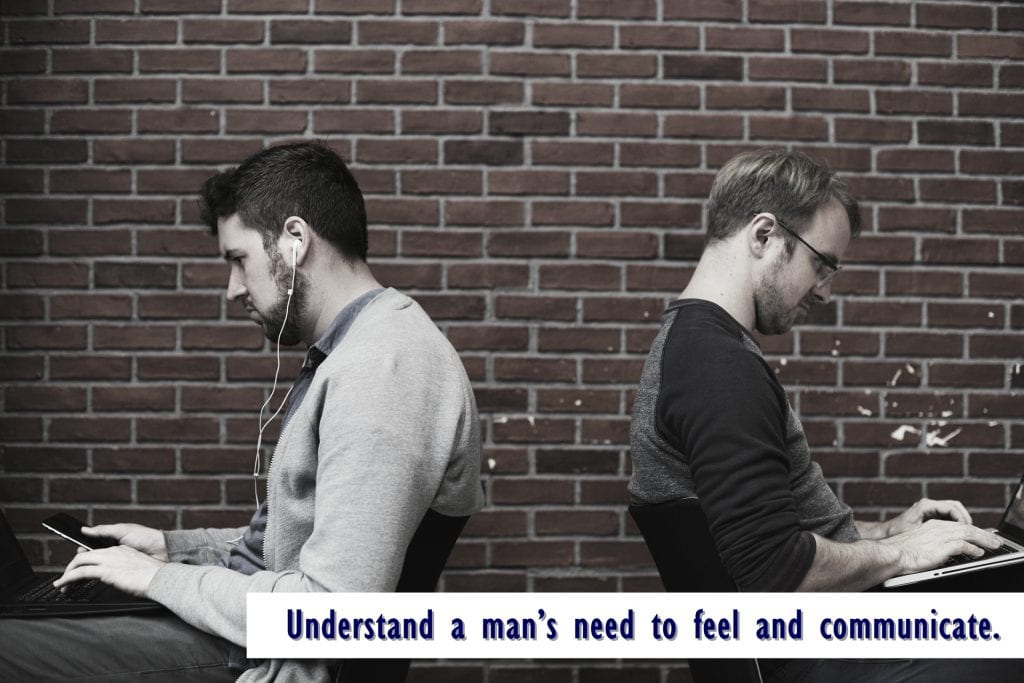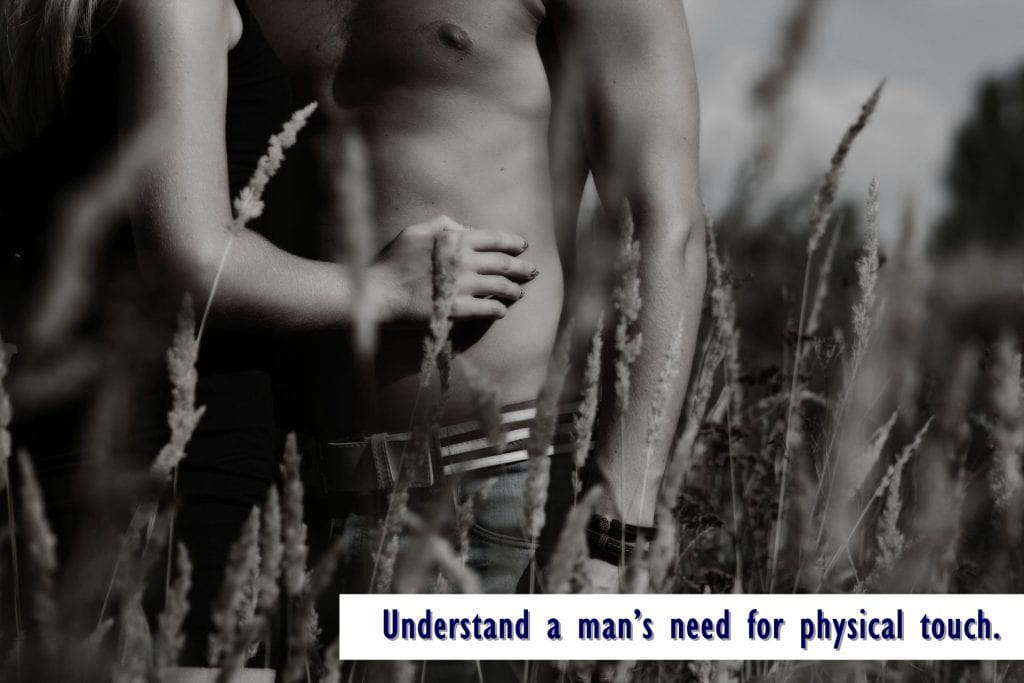A true Christian program is one that addresses the whole person; body, soul, and spirit. At New Life Spirit Recovery after completion of detox we focus on emotion healing, spiritual growth and maturity, and relationship with God, self, and others.
Since we are currently facing an opioid/opiate epidemic crisis in the United States, I’ll use heroin and Oxycontin as examples. Let me start by saying that all detox facilities, and approaches are not created equal. Any addict will tell you it’s all about the meds in detox. A typical medical opiate detox will use medications to alleviate the symptoms associated with opiate withdrawal. The most widely used medication for this type of detox is Suboxone. This medication will prevent the addict from experiencing severe withdrawal symptoms because of the way it works on receptors affected by opiate abuse. That’s the simple explanation. Here is where we come to a fork in the road. Some believe maintaining the addict on Suboxone is effective because it prevents cravings. Others believe it’s best to use Suboxone as a short-term detox medication. The problem with maintaining a patient on Suboxone is that all that’s happened is the patient goes from being addicted to Heroin to having a Suboxone dependence which has similar withdrawal factors.
We believe the best course of action for an opiate detox is to use Suboxone as it was intended, as a short-term titrate protocol to get the patient through the initial detox symptoms. Once the detox protocol is complete Suboxone is discontinued. Now we enter the post-acute withdrawal phase. This is time when the addict is both physically and emotionally sensitive. It’s critical the client begin phase two of treatment, which is when counseling, groups and classes begin.
Once the detox phase of treatment is complete, it’s time to go to work in the area of soul. This can be a dangerous place if additional treatment is not implemented right away. At this point in the recovery process, the soul is emotionally sensitive and the body is physically sensitive. If the treatment process is discontinued at this stage the client will most likely begin to seek comfort by returning to old habits. If the true comforter, Jesus, is not introduced into the equation, the addict will eventually gravitate back to what they used in the past to help deal with life’s challenges.
The soul is comprised of at least three parts that we are aware of; the mind, emotion, and our God given- free will. The mind is where our thoughts live, our emotions are an expression of our feelings, and our free-will is evidenced in our behaviors by the choices we make. All three parts were designed to function in sync and are driven by our belief systems. Without a doubt, what we choose to believe will eventually affect the way we think, feel, and act.
At New Life Spirit Recovery, we approach addiction and chemical dependency as symptoms, not the problem. They are manifestations of something much deeper going on than what can be physically seen. The manifestation is not the problem but becomes part of the problem when the roots are left undealt with. Our Biblically-based counseling process is designed to deal with the rooted issues underlying substance abuse. Using Biblically-based principles we guide our clients through a process of exploring what they believe to be true about God, themselves, the world they live in, and how to function in relationships in a healthy way. In treatment, clients also revisit and properly process through the events in their life that were painful, negative, and traumatic. These are the things that were done to them by others, and the things they did to themselves and others. With the Bible as the authority, we explore, with the client which of their beliefs are rooted in God’s Word, and which are flaming arrows, lies (fiery darts) shot straight from the pits of hell. With the counselor as the guide and Jesus Christ in the center as the true comforter, the client goes on a journey of self-discovery and soul-searching, dispelling the lies and replacing them with the truth of God’s Word.
The third component of treatment at New Life Spirit Recovery includes not just the counseling process but also intensive Christ-centered curriculum, Bible studies, workshops, and church services. The curriculum is closely linked to the therapeutic process as this is where the clients learn the principles that are applied in the counseling room. Through a variety of classes and workshops the client learns about God’s perspective on subjects like anger, forgiveness, denial, strongholds, and codependency. Coming into a relationship with Christ in an intimate way where He becomes the True Counselor and Comforter is the goal. Confessing sin to Christ results is instant forgiveness, but the effects of sinful behavior still need to be dealt with, and that requires a healing process. James 5:16 makes it clear that we need each other for prayer and soul “healing”. Through the process the client begins to experience the true freedom, peace and joy that only comes from Jesus.

























